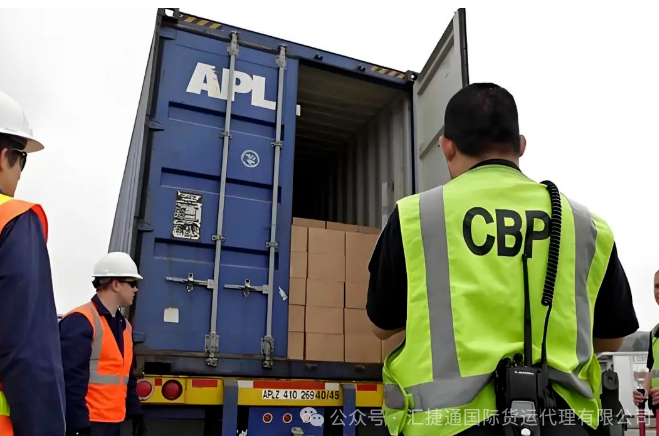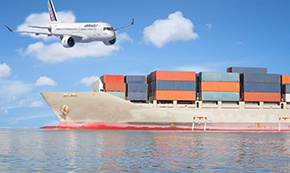All categories >
US Customs launches new rules of origin verification system, foreign trade enterprises need to be vigilant!
Categories:
News Center
Industry Encyclopedia
News
Time of issue:
2025-04-18 18:00
Views:
Attention all friends in the foreign trade industry! US Customs officially launched a new system for verifying the origin of goods starting April 15th. This isn't a joke; their goal is clear—to severely crack down on transshipment and tariff evasion!

Just how strict is this new system?
US Customs has comprehensively upgraded the standards and review process for determining the origin of imported goods. Importers need to be prepared, because the new system requires three-tier supply chain traceability data , including product production process flowcharts, raw material purchase invoices, and energy usage and factory operation details. This information isn't just for show; Customs will use these details to understand the product's production process, raw material sources, and the rationality of production.
Key countries face stricter regulations
US Customs has listed Vietnam, Malaysia, Thailand, Indonesia, and Mexico as key regulatory targets. Due to low labor costs and favorable geographic locations, these countries have become popular choices for many companies engaging in transshipment. However, now, US Customs will conduct detailed origin verification of every shipment from these countries, implementing a "mandatory verification for every shipment" mechanism. Once tariff evasion is discovered, importers will face a hefty fine of 300% of the evaded tax amount, may even be pursued for related profits from the past 10 years, and have relevant accounts frozen.
US legislative trends require attention
US Republican lawmakers are pushing a bill called the "Protecting American Industries and Workers from International Trade Crime Act." If this bill passes, Chinese exporters who use third countries to transport goods to avoid US tariffs, will not only face fines but may also face criminal prosecution and even imprisonment. This is not a scare tactic; once implemented, the consequences will be unimaginable.
How should foreign trade companies respond?
(1) Suspend the shipment of transshipped goods
First, foreign trade companies should suspend the shipment of goods transshipped through third countries to the US and conduct a comprehensive compliance review. Ensure that the origin information of the goods is true, accurate, and meets the new requirements of US Customs. Don't rush to ship; check carefully first, otherwise you may face bigger problems.
(2) Organize supply chain documents
Systematically organize all supply chain documents to ensure that the content is complete, true, accurate, and traceable. This is no small matter; if there are problems with the documents, Customs verification will be stuck, and the goods may not be able to clear customs smoothly.
(3) Re-evaluate logistics plans
Companies should also re-evaluate their existing logistics plans and consider alternative transportation options. For example, exporting directly from China to the US, or finding other safer transportation routes. In short, ensure that the goods can arrive at their destination safely and compliantly.
Long-term response strategies
(1) Optimize supply chain layout
In the long run, companies need to optimize their supply chain layout and reduce their reliance on transshipment. They can consider establishing production bases near the target market or cooperating with local companies to achieve supply chain localization. This will not only reduce trade risks but also enhance the company's competitiveness.
(2) Increase product value-added
Increasing product value-added is also key. Through technological innovation and brand building, increase product value-added and reduce reliance on price competition. Even if faced with risks such as increased tariffs, companies can maintain competitiveness through the high value-added of their products.
(3) Strengthen compliance management
Compliance management is an aspect that companies must take seriously. Establish a sound compliance management system, regularly train employees, and ensure that every aspect complies with international trade rules and US Customs requirements. Compliant operations are essential for long-term success.
The impact of US Customs' new origin verification system on the foreign trade industry is far-reaching. We cannot be complacent; we must take this seriously. We hope that foreign trade companies will adjust their strategies in a timely manner to ensure the smooth operation of their business. Let's work together to meet the challenges and seize the opportunities!
If you have any other questions about the new US Customs origin verification system, or want to learn more about the latest developments in the foreign trade industry, please leave a comment. Let's pay attention together and make progress together!
Keywords:
US policy










